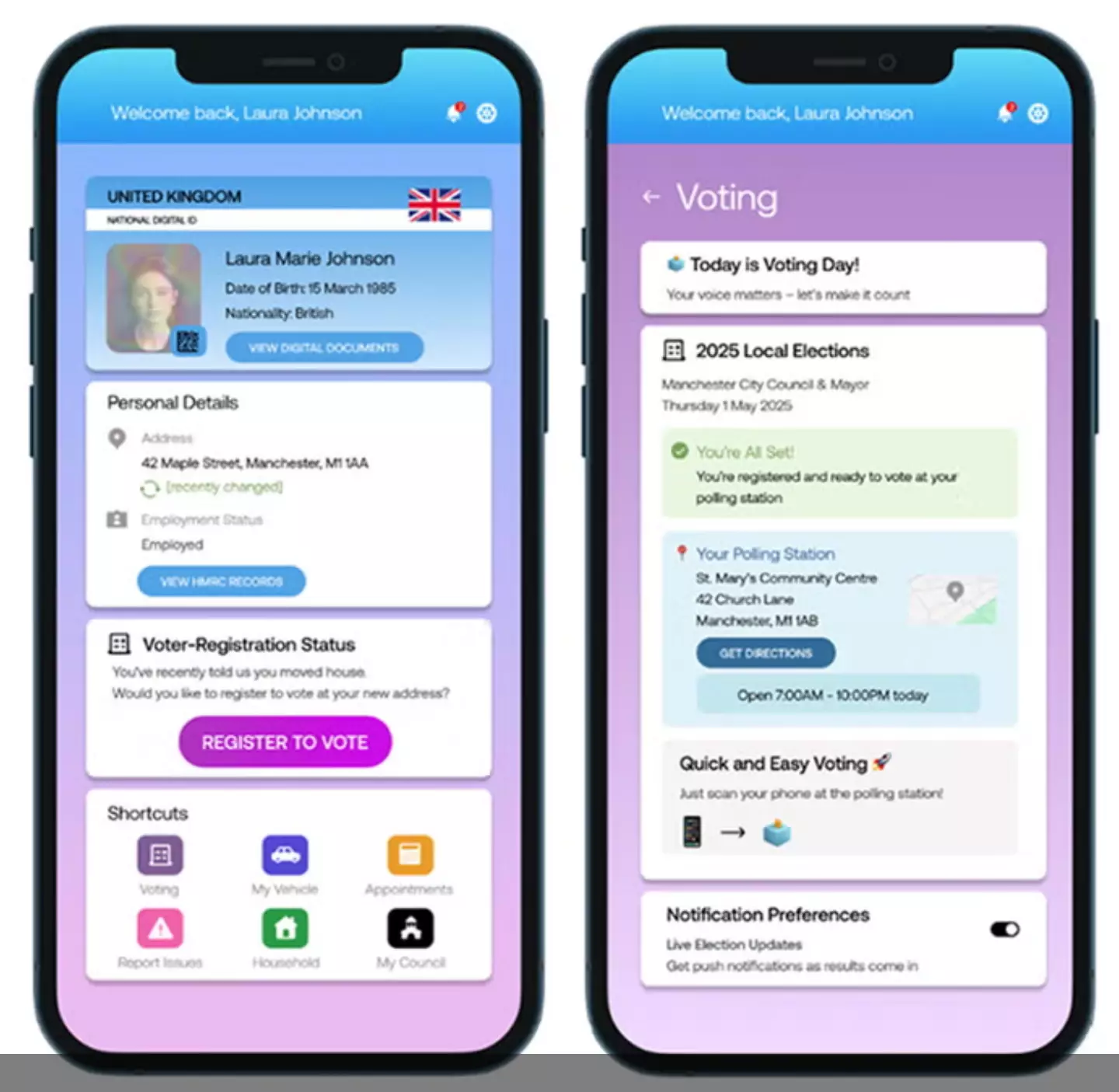
The petition to stop the government from rolling out a mandatory digital ID card to Brits has hit a significant milestone in a short amount of time.
In case you hadn't heard, the government wants to introduce a 'BritCard', a digital ID scheme which prime minister Sir Keir Starmer has called an 'enormous opportunity' - a sentiment not shared by some of the British public.
A petition was quickly launched against the scheme and yesterday (25 September) it had amassed over 130,000 signatures, while it's now hit an even bigger milestone this morning.
It takes 100,000 signatures for a petition to be considered for debate in the House of Commons, though the typical position of the government is 'no' and that's about all the impact it has.
Advert

The petition, titled 'Do not introduce Digital ID cards', is at time of writing on over 568,000 signatures, which is a fairly clear expression that at least a portion of Brits are really against the idea of a digital ID.
The UK is the only European country not to have a standard ID card and there are plenty of countries which do have a digital ID which haven't turned into authoritarian hell holes, but there are lots of people who are seriously concerned over the scheme.
The last time the UK had mandatory ID cards was during the Second World War. Attempts to bring one in were a pet project of former PM Tony Blair but the public didn't really go for it.
Among the concerns are people worried that their personal data could be at risk, since this 'BritCard' would contain important information about them which they fear could be targeted by hackers.
Advert
While the government plans to roll out their digital ID to UK citizens and legal residents by the end of the parliament, there have been previous attempts to introduce something similar which fell apart in the early stages due to lack of popular support.
The 'BritCard' would contain basic information on you along with some of the various rights you have in the UK such as the right to work or rent property, and you'd need it if you wanted to get a job.

How would a digital ID card work?
The ID card will be kept on a smartphone app, which is already a problem for those people who still swear by their old indestructible Nokia, and will have information which can be checked against a central database to see whether it's true or not.
Advert
The idea is that you would need to use your ID when you started a new job or wanted to rent a property to prove that you had the right to live and work in the UK.
One ID, one check and in theory that should be it.
The prime minister says it'll help 'access key services swiftly – rather than hunting around for an old utility bill', and claims it will also help tackle illegal work and migration.
Starmer said: "It will make it tougher to work illegally in this country, making our borders more secure."
Yet it seems as though a lot of the public remain unconvinced on the benefits - more than half a million of them.
Topics: UK News, Keir Starmer, Technology, Politics